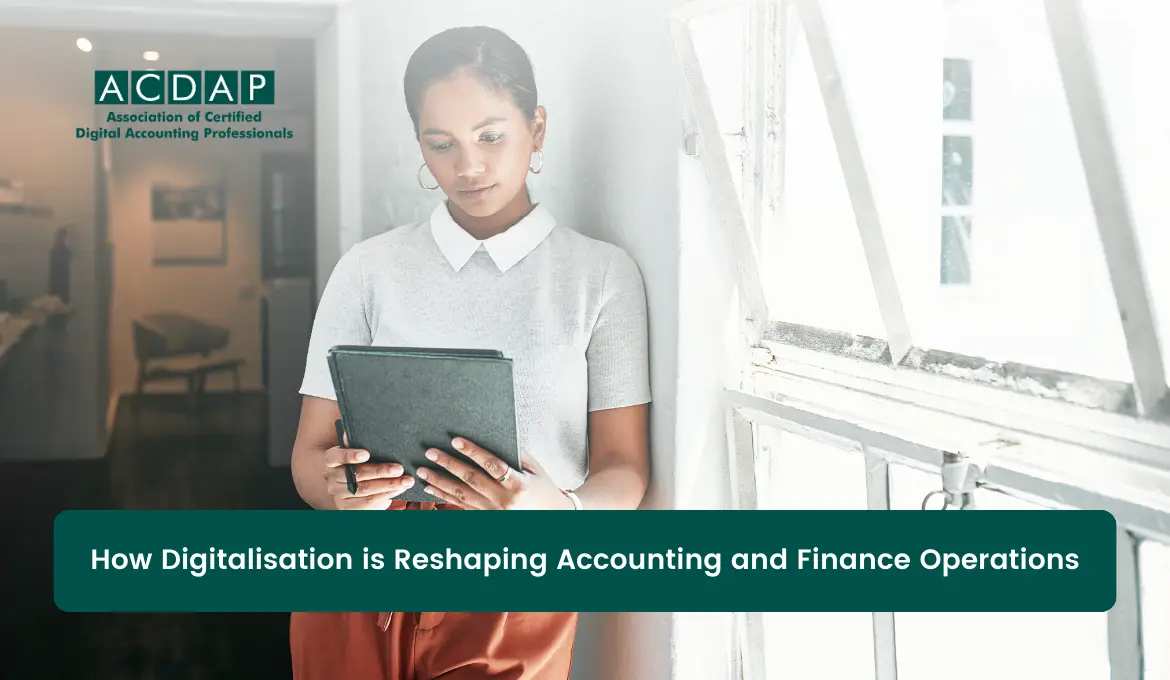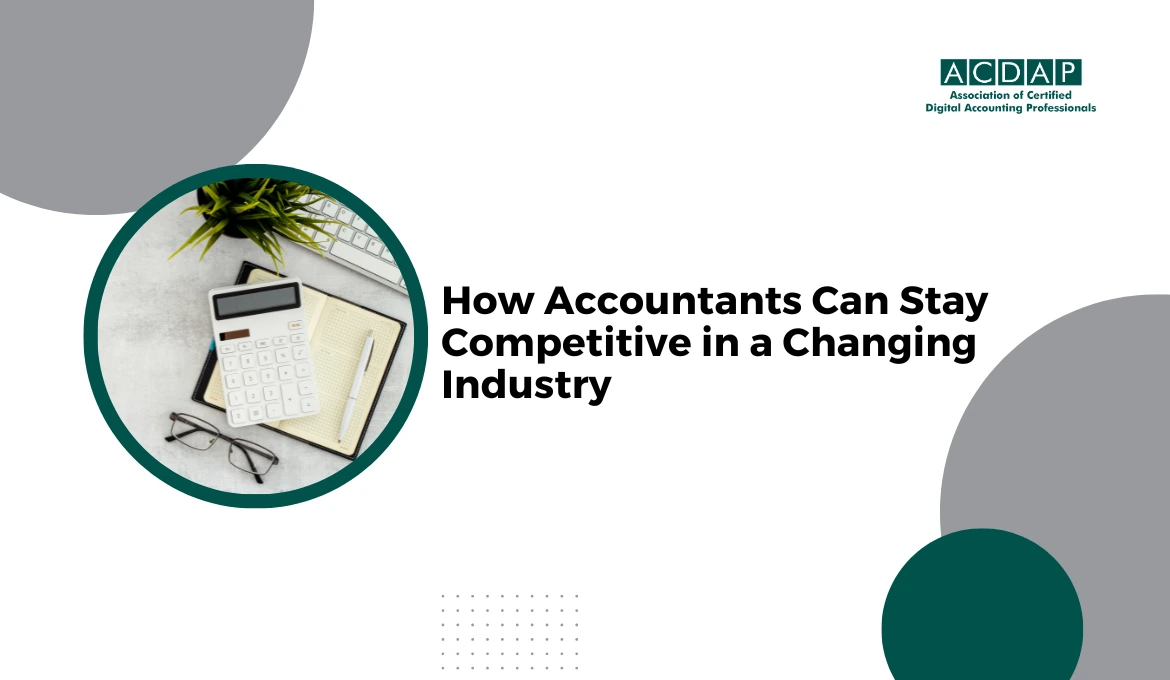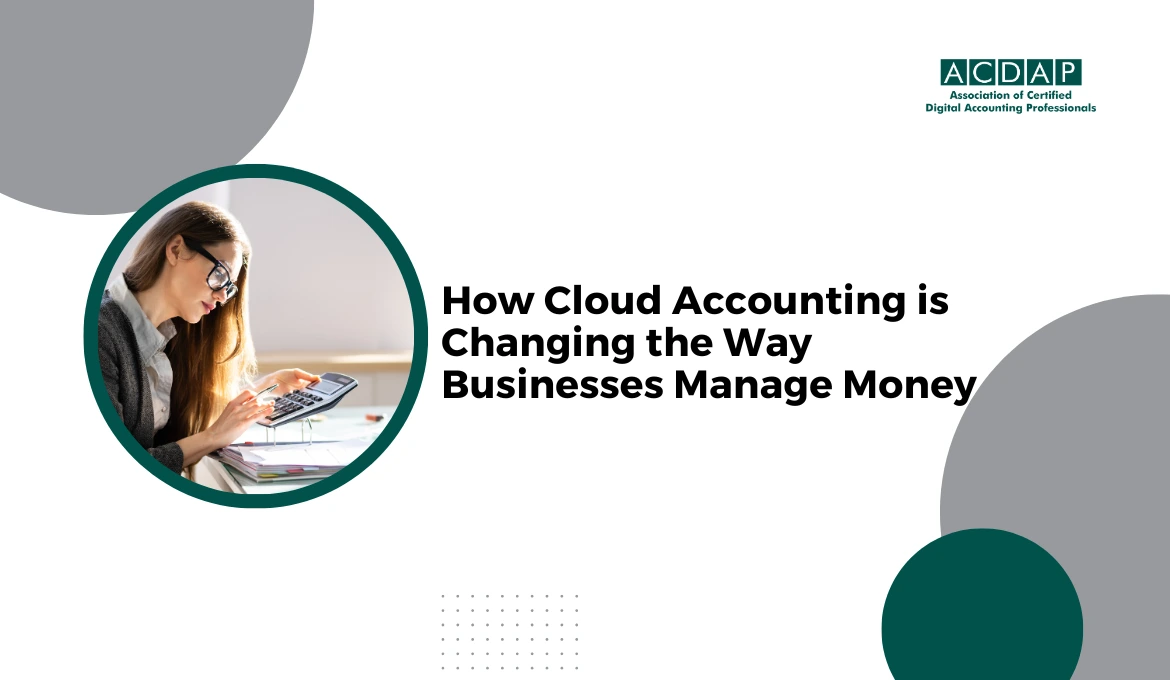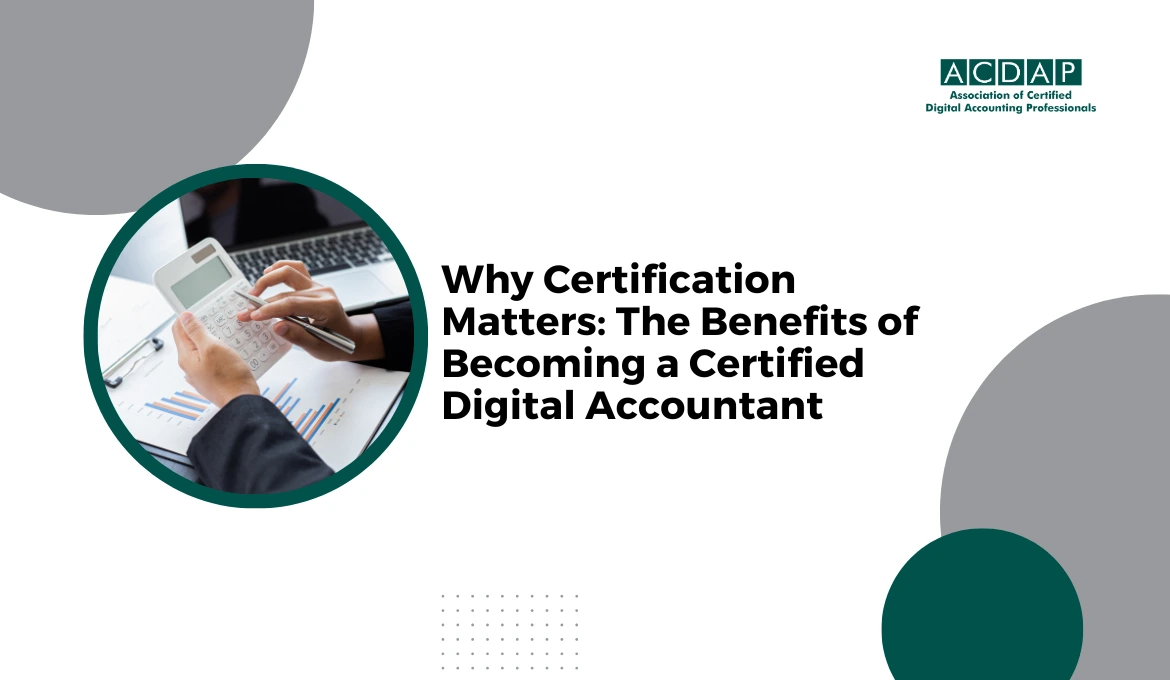In the ever-evolving landscape of business and commerce, digitalisation has emerged as a transformative force, revolutionising traditional practices and reshaping the way accounting and finance operations are conducted.
Digitalisation has brought unprecedented efficiencies, improved accuracy, and enhanced decision-making capabilities, from automated processes to real-time data analysis.
In this blog, we'll explore the profound impact of digitalisation on accounting and finance operations and how organisations can harness its power to drive success in the modern era.
The Digital Revolution in Accounting and Finance
The digital revolution has altered how accounting and finance operations are conducted, ushering in a new era of efficiency, transparency, and innovation. Key drivers of this transformation include:
- Automation and AI: Automation technologies and artificial intelligence (AI) have revolutionised routine accounting tasks, enabling professionals to automate repetitive processes like reconciliation, data entry, and reporting. AI-powered algorithms can analyse vast financial data, detect patterns, and generate insights that inform strategic decision-making.
- Cloud Computing: Cloud computing has transformed how accounting and finance functions operate, providing real-time access to data, scalable computing power, and seamless collaboration capabilities. Cloud-based accounting software allows professionals to work from anywhere, share real-time information, and integrate with other business systems.
- Data Analytics: Data analytics is a robust tool for accounting and finance professionals, enabling them to extract valuable insights from financial data, identify trends, and make data-driven decisions. Advanced analytics tools benefit machine learning algorithms by allowing them to analyse data, detect anomalies, and predict future outcomes.
Digitalisation's Impact on Accounting and Finance
- Increased Efficiency: Digital tools have made accounting and finance work easier and faster. They reduce manual work, prevent mistakes, and make everything more efficient. Jobs that used to take hours or days can now be finished in minutes, giving professionals more time to work on important tasks like planning and analysis.
- Enhanced Accuracy: Automation technologies and AI algorithms have significantly improved the accuracy of financial reporting and analysis. By reducing the risk of human error and inconsistency, digitalisation has enhanced the reliability and integrity of economic data, providing stakeholders with greater confidence in decision-making.
- Real-Time Insights: One of the most significant benefits of digitalisation is the ability to access real-time insights into financial performance and business operations. Cloud-based accounting software provides up-to-date information on key metrics such as cash flow, profitability, and revenue, enabling professionals to make informed decisions in real time.
- Improved Collaboration: Digitalisation has facilitated seamless collaboration and communication among accounting and finance teams, other departments, and external stakeholders. Cloud-based platforms let professionals share information, work together on projects, and communicate instantly, no matter where or what time zone they're in.
Strategies for Harnessing the Power of Digitalisation
To leverage the full potential of digitalisation in accounting and finance operations, organisations must adopt a strategic approach and implement best practices. Here are some critical strategies for success:
- Invest in Technology: Organisations must invest in cutting-edge technologies such as automation, AI, and cloud computing to stay competitive in the digital landscape. By leveraging these technologies, organisations can streamline processes, improve efficiency, and gain an extra edge in the market.
- Embrace Change: Digitalisation requires a cultural shift within organisations, focusing on embracing change, fostering innovation, and adopting a forward-thinking mindset. Leaders must champion digital transformation initiatives, encourage experimentation, and empower employees to adopt new technologies and working methods.
- Prioritise Data Security: The increased digitisation of financial data comes with heightened security risks, including data breaches, cyberattacks, and privacy concerns. Organisations must prioritise data security by implementing robust cybersecurity measures, encryption protocols, and access controls to safeguard sensitive information.
- Invest in Talent: Organisations must invest in talent development and skills training to successfully navigate the digital landscape. Accounting and finance professionals must possess the technical skills and digital literacy required to leverage new technologies and drive digital transformation initiatives within their organisations.
Conclusion
Digitalisation is profoundly reshaping accounting and finance operations, revolutionising traditional practices and unlocking new opportunities for efficiency, accuracy, and innovation. By embracing automation, AI, cloud computing, and data analytics, organisations can streamline processes, improve decision-making, and drive success in the modern era.
To harness the full potential of digitalisation, organisations must adopt a strategic approach, invest in technology, embrace change, prioritise data security, and invest in talent development. By doing so, organisations can position themselves for success in an increasingly digital world.


























